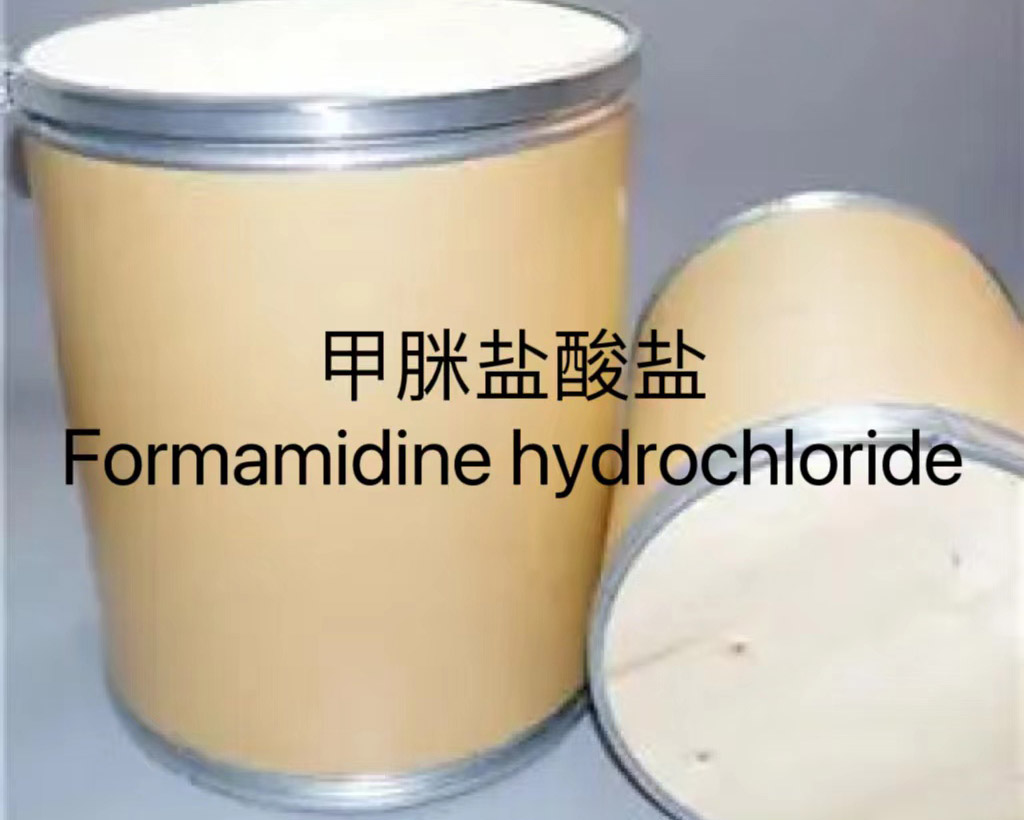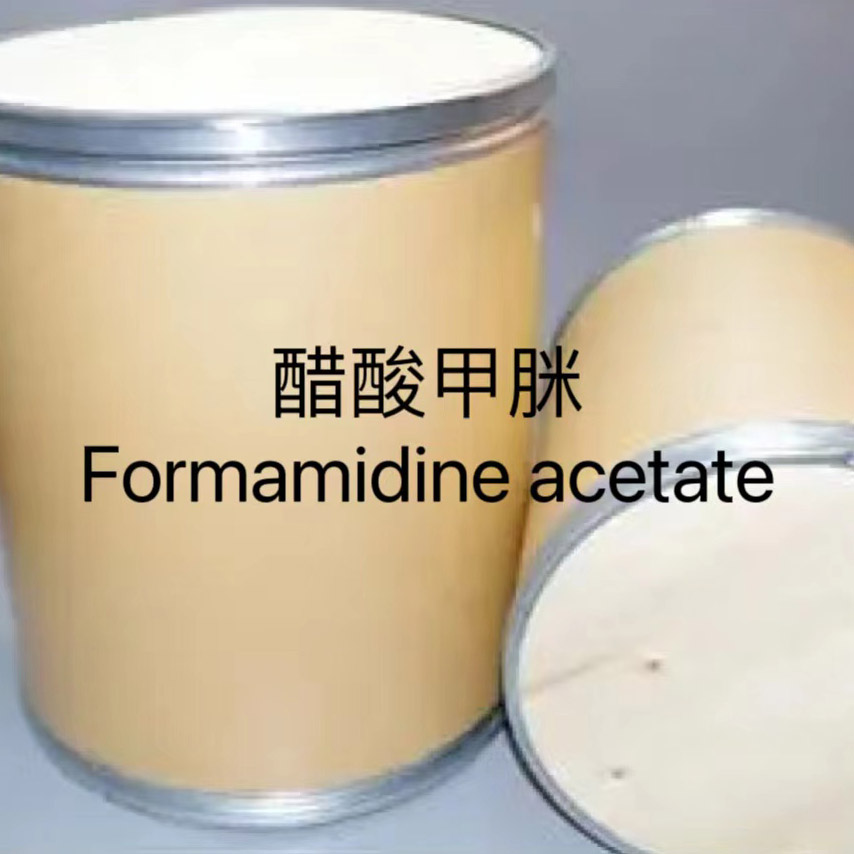by Molly Shen, KOMO News Anchor
WASHINGTON — Beauty may be skin deep, but the products we use to enhance that beauty go beyond the surface of our skin and are absorbed into our bodies. So it can be a shock to learn some products contain dangerous chemicals like lead and formaldehyde. Acetamide,2-Chloro-

Past research has found people of color are more likely to be exposed to dangerous chemicals in personal care products.
RELATED | Patty Murray discusses reforms to help protect consumers from unsafe cosmetics
Department of Ecology (DOE) testers prioritized this demographic when they bought 50 products, from makeup to lotion to hair creams.
"We have a pretty intimate relationship with our personal care products and our cosmetics," said Marissa Smith, a senior regulatory toxicologist with the DOE. "We apply them directly to our skin, our bodies, they get in our eyes, our mouth. We inhale some of them. And that means the chemicals that are found in some of these products can expose us."
There is no safe level of lead. But it can sneak in, through contamination while a product is made. You won't find lead on any ingredient label, and while you might not find formaldehyde on an ingredient list, Smith said, "there are some formaldehyde releasors that are easier to remember that you can look for and avoid."
Those "releasors" are preservatives that break down over time to form formaldehyde. Some of the common formaldehyde releasers used in cosmetics include:
Ecology said avoiding products with these ingredients on the label could help reduce exposure to formaldehyde.
State testers focused on items with a releasor in the ingredients and found formaldehyde in 26 of 30 products tested. The findings were better with lead, with just three of 20 products tested coming back positive for lead. Smith called that good news.
"We want to make sure we can extend that good news to everybody," Smith said. "We don't buy our products at random. You're going to buy the same product again and again and again. We're creatures of habit. So for those people buying those same products again and again and again, this is an important source of exposure."
Erika Schreder is the science director at the nonprofit, Toxic Free Future. Her own daughter came home from the salon with a hair gel containing formaldehyde.
"To find out that these products that people rely on to have their hair look good can contain a cancer causing chemical like formaldehyde is really disturbing," Schreder said.
Toxic Free Future is backing House Bill 1047, which would ban toxic chemicals from personal care products in Washington state.
Stylist Mollie Sparks hopes it becomes law.
"If there's something that is toxic that affects your lungs, a stylist that does two or three of those a day, that could be, that could shorten your life dramatically," Sparks said.
She wants to protect her clients too, which include her own teenage daughter.
"People of color have disproportionate exposure to harmful chemicals, including chemicals that are used in cosmetics," Schreder said. "We also know that people who use certain products, such as hair straighteners are more likely to get sick. Black women who use hair straighteners are more likely to have breast cancer and uterine cancer."
"Beauty is pain," Sparks said. "But I don't think it needs to be deadly."
Click here to learn more about the Safer Choice label and search their database of products.

Formamidine Hydrochloride Synthesis Click here to learn more about Cradle to Cradle certification and search their database of products.